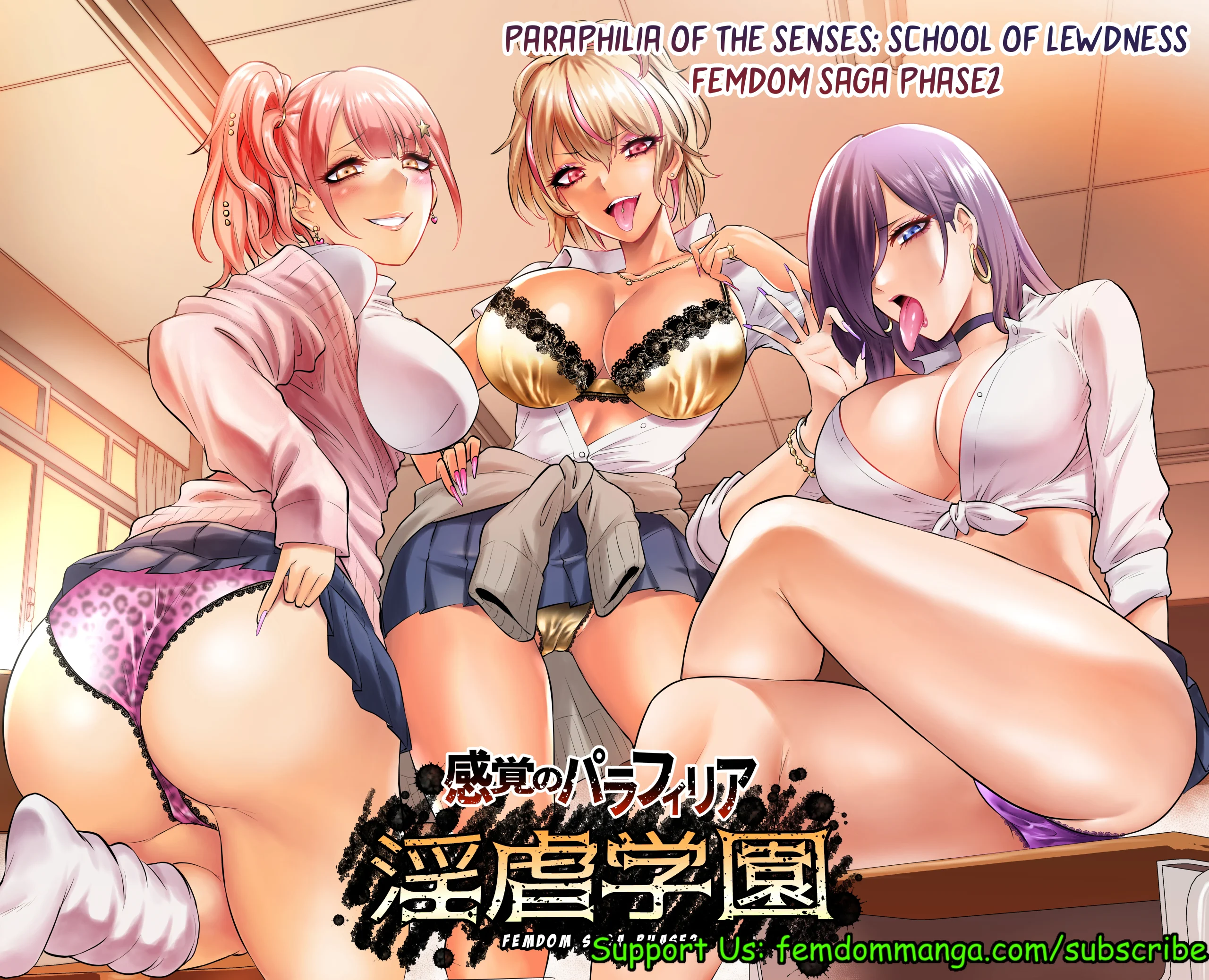Do Game Companies Hire Hentai Artists?
In recent years, there has been increasing discussion about whether video game companies hire artists who create hentai content. For those unfamiliar with the term “hentai,” it refers to Japanese animated pornography, which often portrays explicit sex scenes involving cartoon characters. This topic has generated controversy among gamers, parents, and advocates concerned about potential links between hentai and pedophilia. In this article, we will explore the question of whether major gaming firms employ individuals known for their work in creating hentai artwork while also providing insight into how the industry handles sensitive issues related to hiring practices.
At first glance, the idea that prominent gaming brands would engage professionals associated with producing obscene animation may seem implausible given the nature of such content. However, upon closer inspection, one cannot discount the possibility entirely. Indeed, many people point out that several well-known games feature visual styles reminiscent of hentai productions, particularly when it comes to character designs and animations. Additionally, a few titles contain suggestive themes, nudity, and explicit sexual activity.
To address this issue, let us examine two primary arguments put forth by those skeptical of the notion that triple-A studios utilize creatives involved in making hentai. One assertion suggests that while individual contributors might participate in side projects outside their day jobs, this does not necessarily mean that businesses sanction these activities. Moreover, they argue, most corporations strive to maintain strict boundaries around what kind of content employees produce professionally versus privately.
Another perspective contends that although specific personnel may contribute to hentai works, it doesn’t automatically imply that these organizations approve of, support, or endorse such endeavours. They could simply look past it because it isn’t directly tied to their main operations or products. Furthermore, they posit that if someone wants to indulge in hentai artistry, it shouldn’t hinder their ability to find employment elsewhere unless proven otherwise.
Despite these explanations, some critics remain unconvinced and continue calling for more transparency in this regard. They allege that allowing hentai artists to work within reputable studios normalizes the practice and potentially exposes younger audiences to disturbingly adult imagery. Besides, they point out that perpetrating such behaviour violates company policies, jeopardizing intellectual property rights and damaging brand reputation.
However, others counterargue that censorship in the name of protecting innocence can sometimes become overzealous, infringing on artistic freedom and creative expression. Also, they argue that conflating consensual adults engaging in private pursuits with abusive acts against underage victims distorts the facts and unfairly demonises those involved.
Regardless of where one falls on this spectrum, it is essential to note that the gaming business operates similarly to other industries, frequently recruiting freelancers and contractors to fill temporary positions or supplement staff during peak periods. Thus, the likelihood of encountering individuals affiliated with producing hentai increases due to the sheer size of the marketplace. Nevertheless, it is incumbent upon employers to uphold professional standards throughout all stages of recruitment and collaboration, regardless of the circumstances.
Moreover, most corporations implement rigorous screening procedures designed to weed out problematic candidates who pose risks to the company’s integrity or reputation. These measures include background checks, reference verification, skills assessments, and interviews intended to gauge personality traits, values, and beliefs. Firms must prioritize building trustworthy teams that align with their corporate vision and mission statements while promoting healthy working environments devoid of harassment, exploitation, or abuse.
Nevertheless, it is crucial to acknowledge that some instances of wrongdoing occur despite preventative measures being taken. When scandals emerge, it becomes vital to respond transparently and swiftly to mitigate damage control, preserve stakeholder confidence, and restore faith in the brand. Communication is critical here; companies need to explain clearly what happened, why it occurred, and outline steps towards redress. It goes without saying that accountability should follow wherever appropriate.
Lastly, it bears mentioning that the current discourse raises concerns about censorship and free speech. While safeguarding vulnerable populations is paramount, preventing adults from consuming content voluntarily is another matter altogether. In many ways, prudently drawing lines between acceptable and unsavoury conduct requires nuance and context sensitivity rather than blanket prohibitions. Society needs to strike a delicate balance between protecting children and preserving freedom of expression.
Conclusion
In conclusion, the intersection of hentai and gaming remains a complex subject deserving further exploration. At present, evidence seems insufficient to prove conclusively that large gaming enterprises actively court hentai artists. Still, there are indications suggesting that certain individuals with ties to the genre have found employment in these companies. Regardless, employers bear responsibility for ensuring that all personnel adhere to professional codes of conduct and organisational principles. The debate surrounding this issue underscores the importance of striking an equilibrium between shielding youngsters from harm and respecting mature adults’ right to enjoy lawful entertainment without prejudice.
